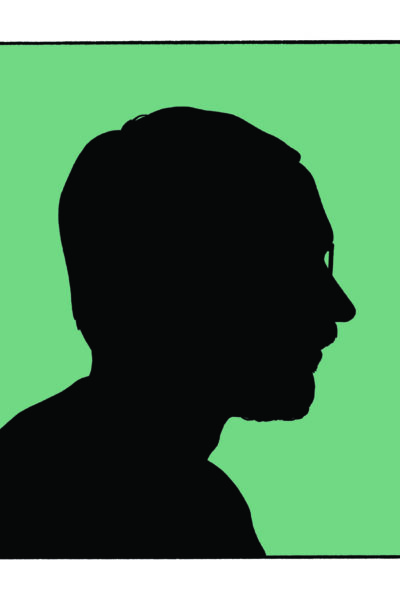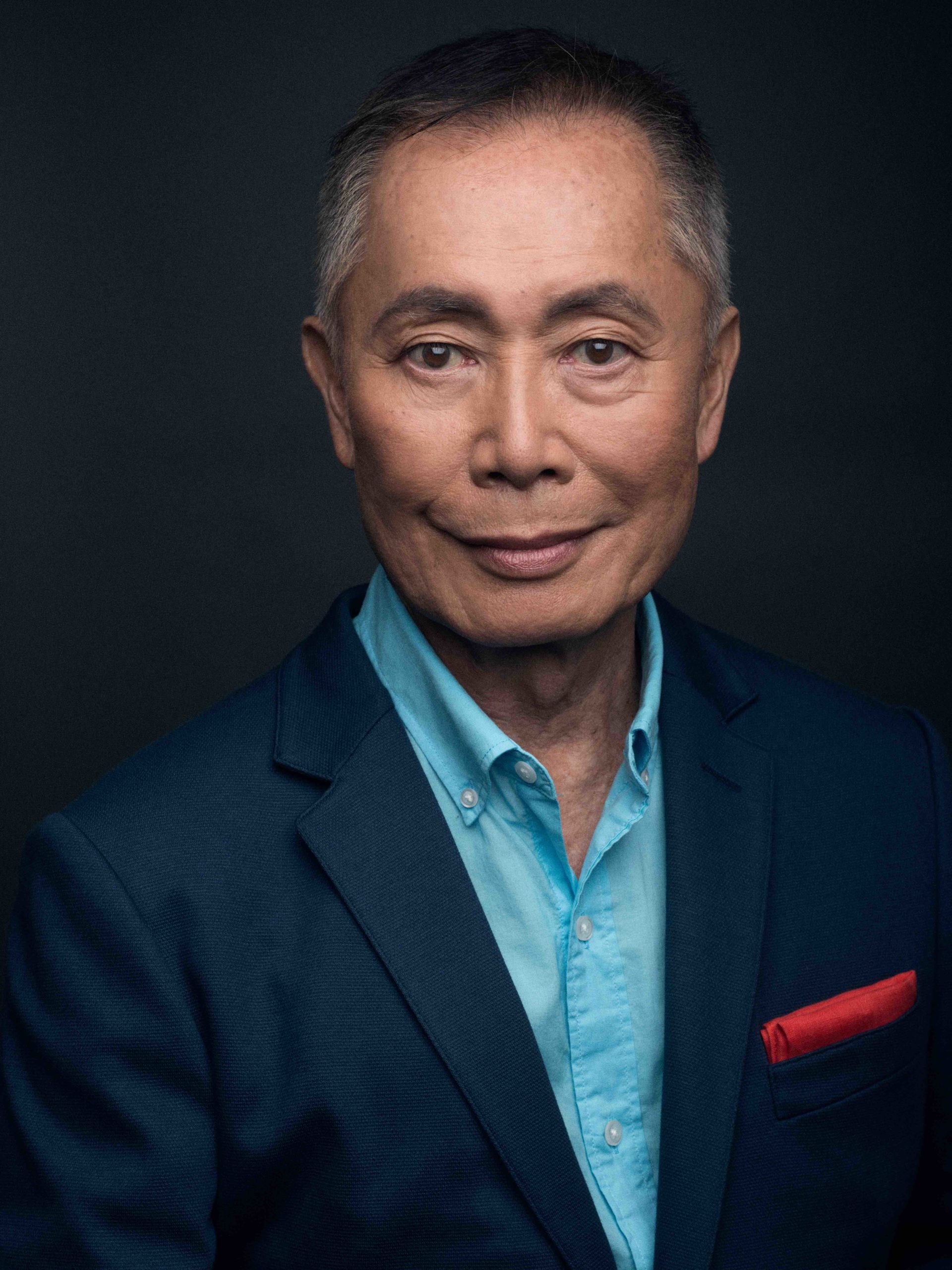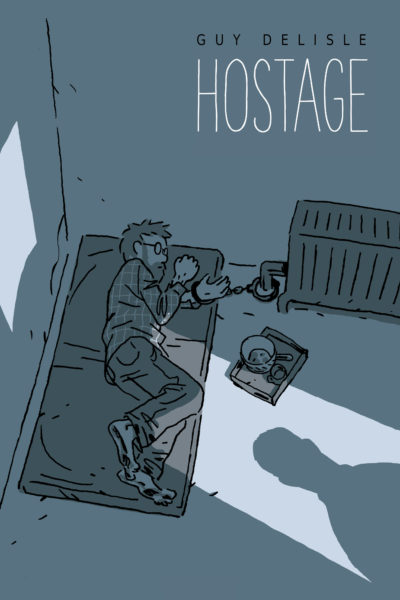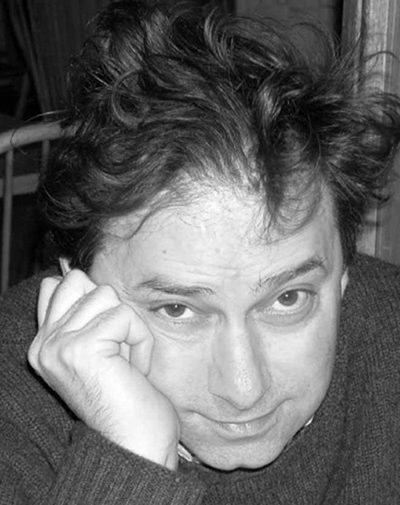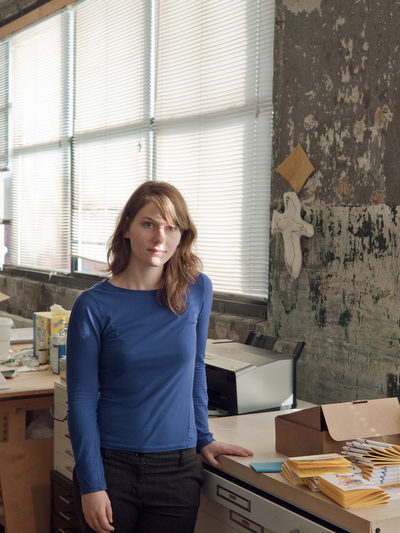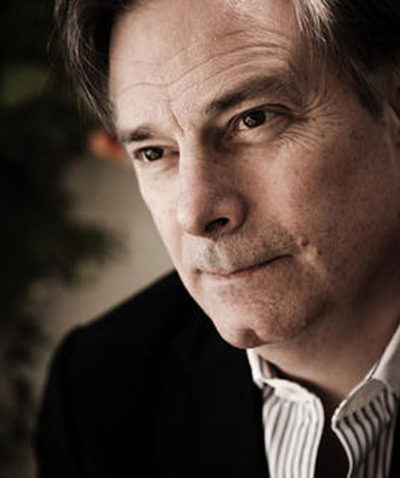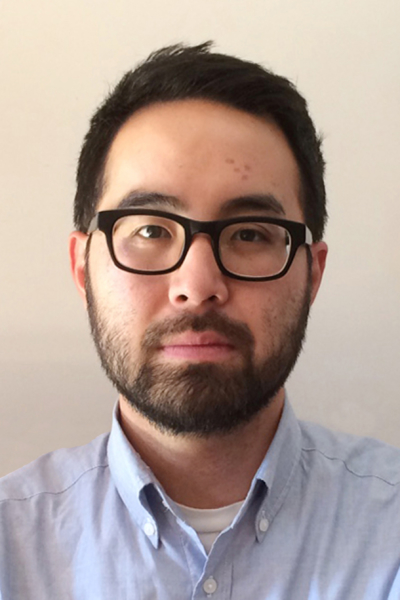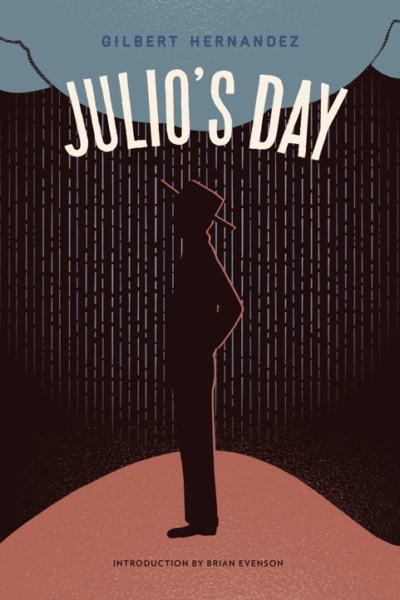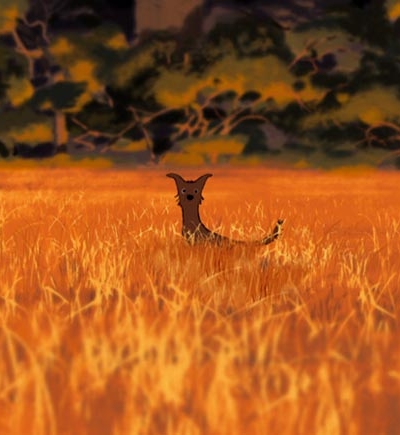“This Generation’s Homer”: How Penguin Has Changed Marvel Comics
The word “classic” once had a very specific meaning, namely a text written in Greek and Latin during the era of antiquity.
With comics, for better or worse, you can’t really hide from who you are. You’re spending so much time working on these things that you can’t keep up a persona for that long.
I admire those who took a principled position and paid the price for it. They fought on battlefields too. Their battlefields were behind the tall, concrete walls of federal penitentiaries.
To be completely deprived of your freedom. That always has fascinated me.
Book readers miss the disposable nature of newspaper comics. It was a free public utility. They miss seeing the strips surrounded by classified ads placed by actual suffering people.
We aren’t supposed to openly discuss shitting in polite society, so making artwork that frankly portrays it is titillating. I think it’s called “desublimation” in fancy art-school terms
I don’t know if this has any relevance, but when I was writing Metropolitan I would stop and read passages of Pride and Prejudice as a palette cleanser.
I feel like “Peanuts,” which is probably my favorite comic strip, shows the parade of humiliations of a character’s life, but plays them for empathy and laughs.
“Races condemned to one hundred years of solitude do not get a second chance on this earth.” That line would have no place here. Gilbert Hernandez’s book suggests that Julio’s family, despite all the time nature and history rob them of, do not need another chance to make anything right.
For All the Chaos of Their Bodies
The five short animated films nominated for this year’s Academy Awards are all remarkably conservative in their approach to the animation form.




